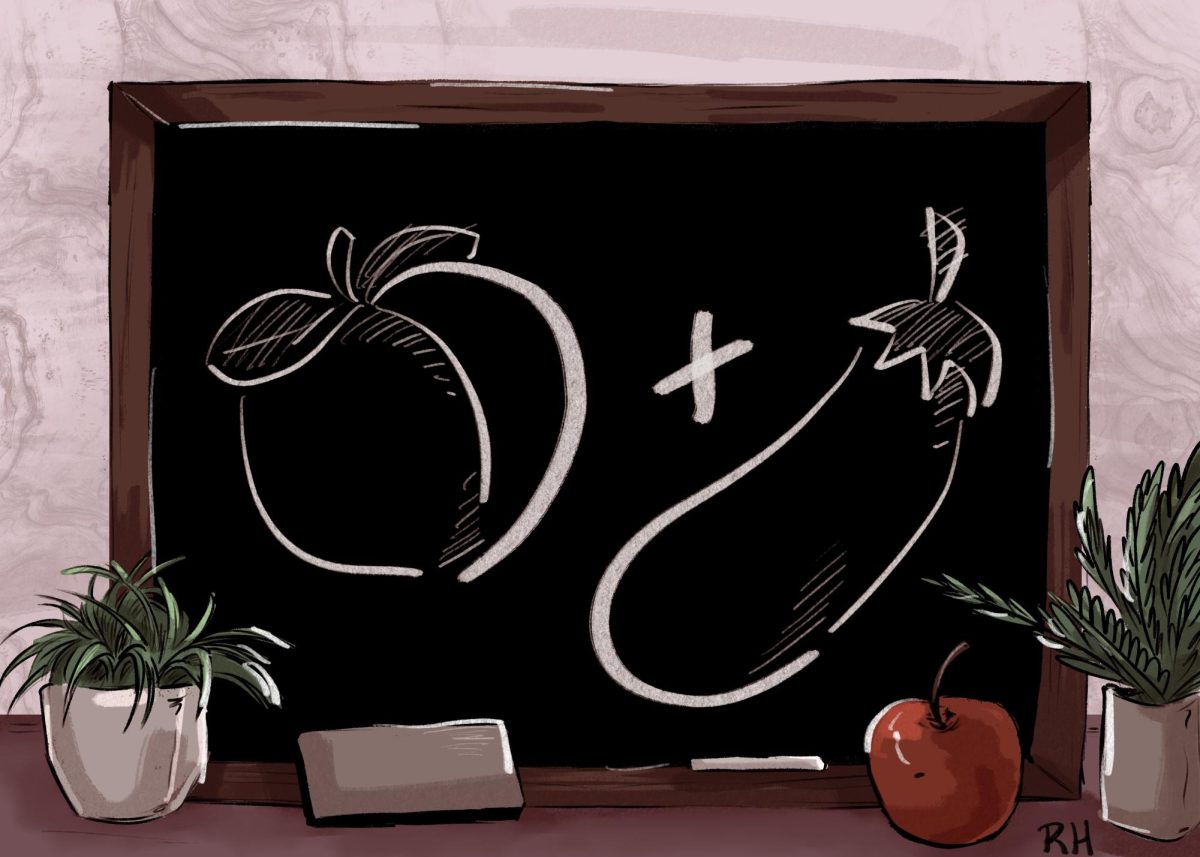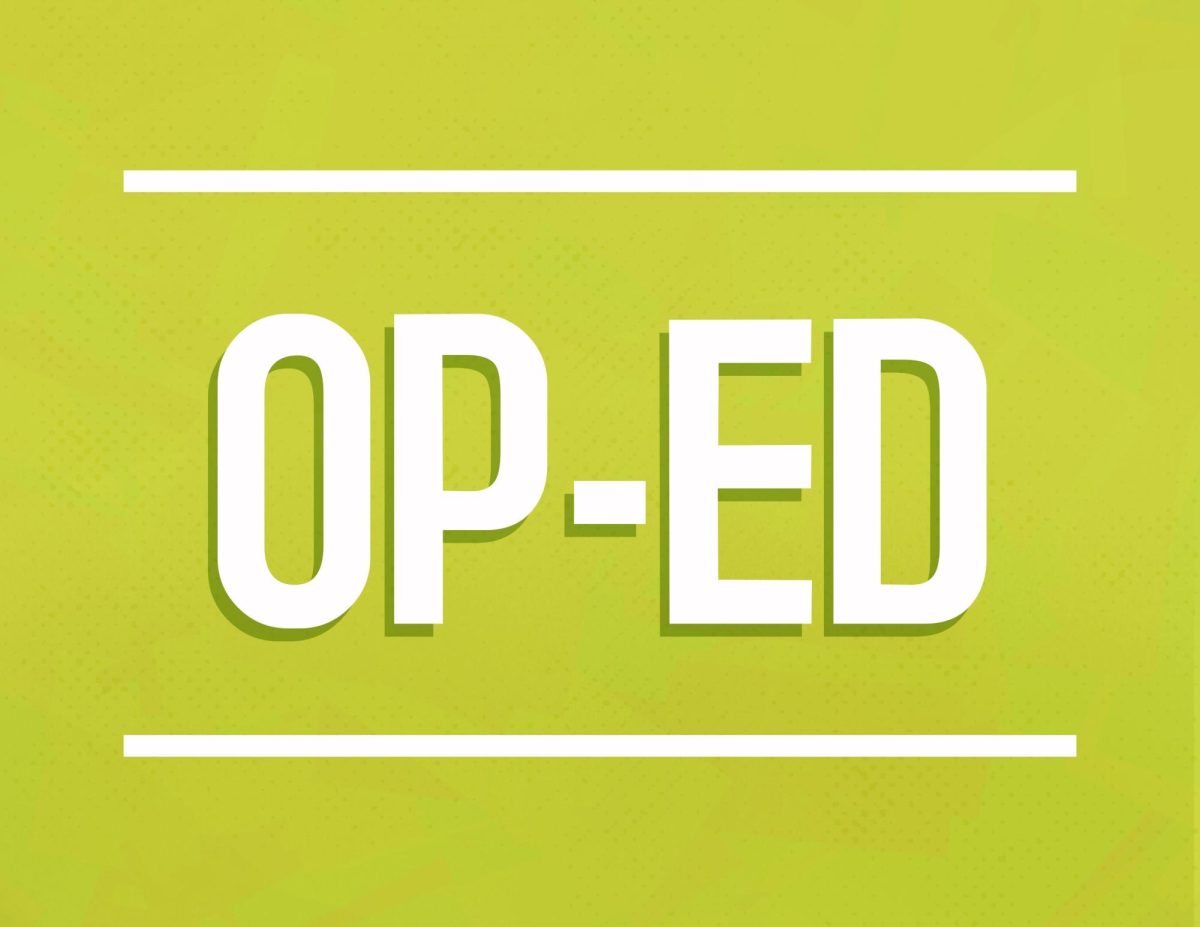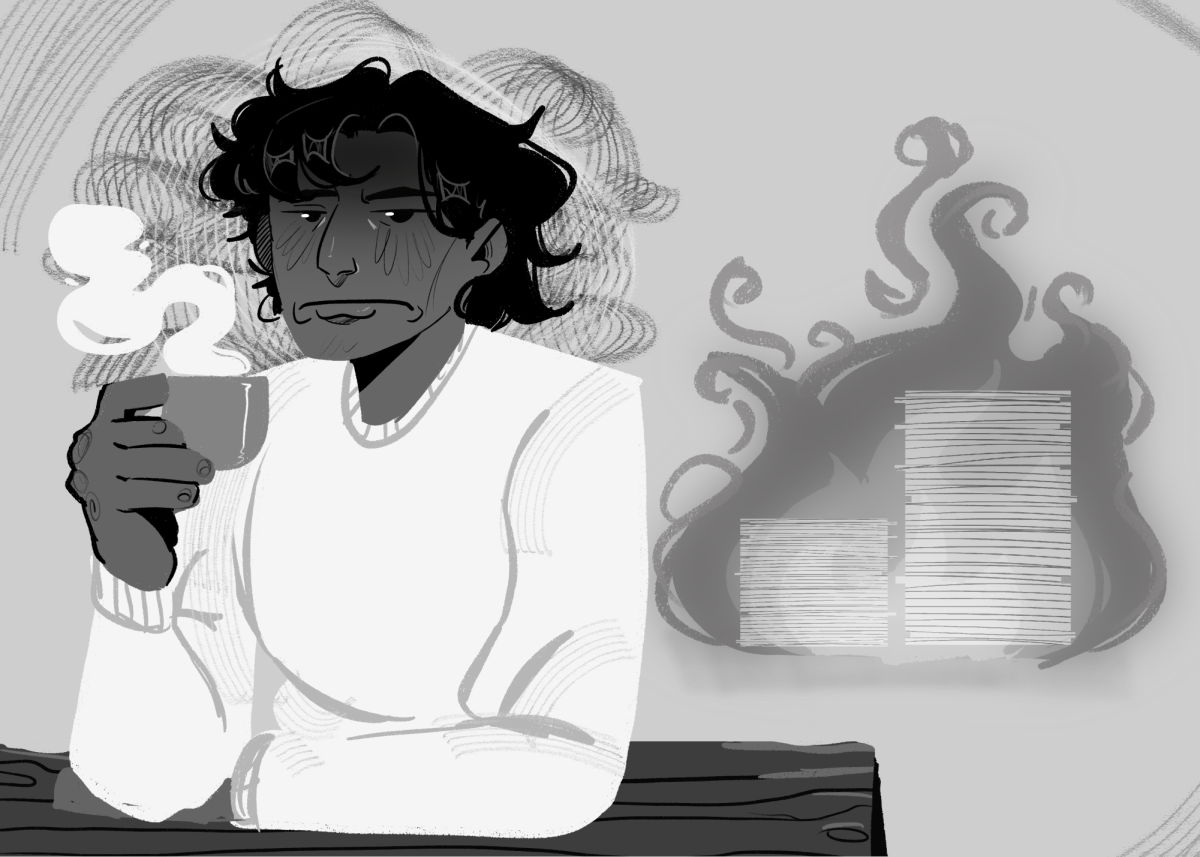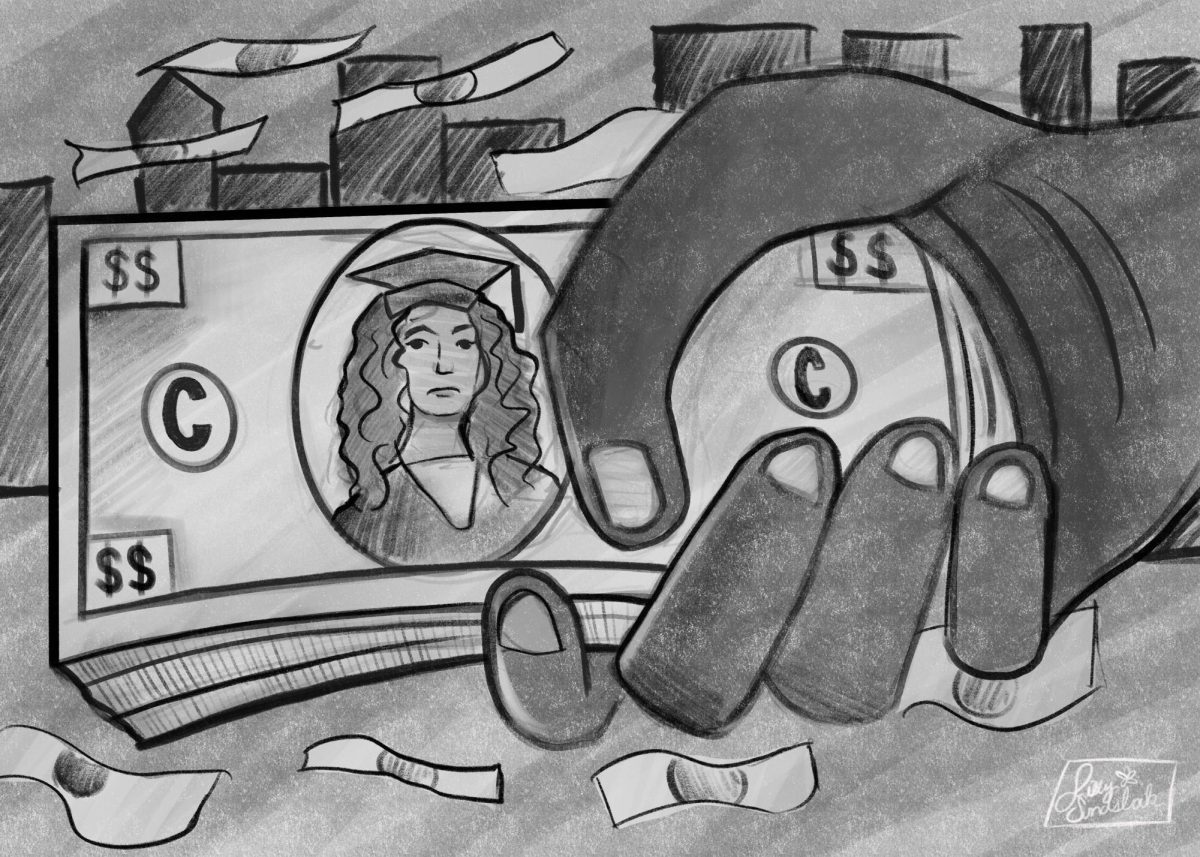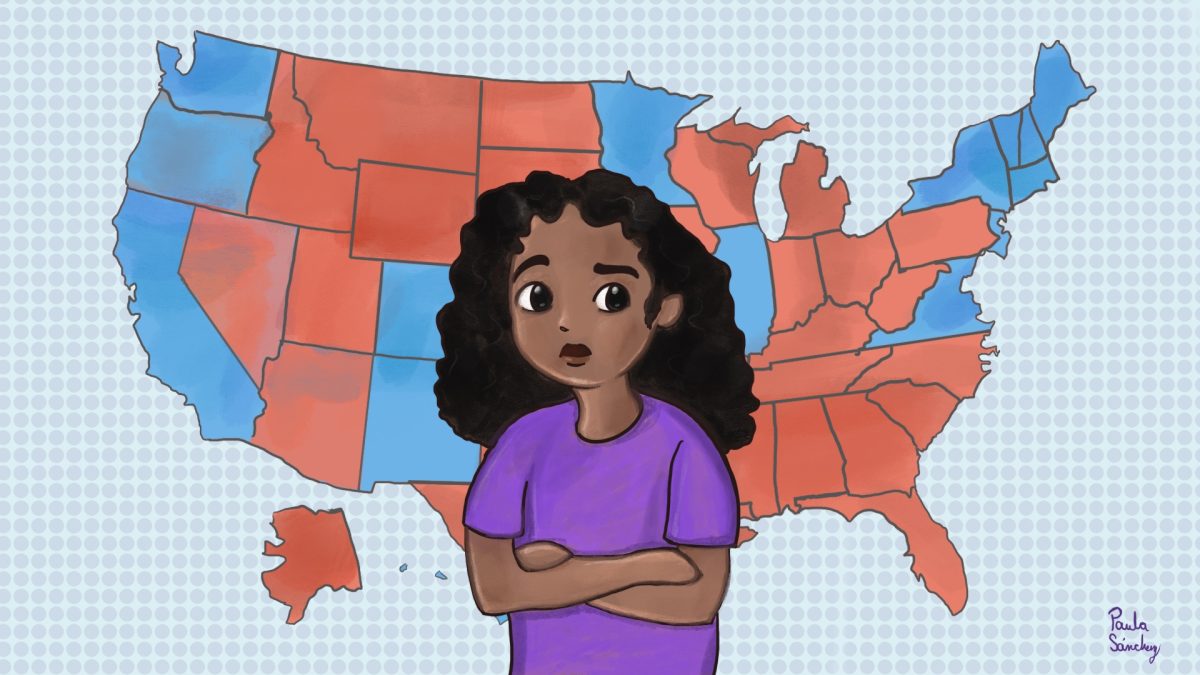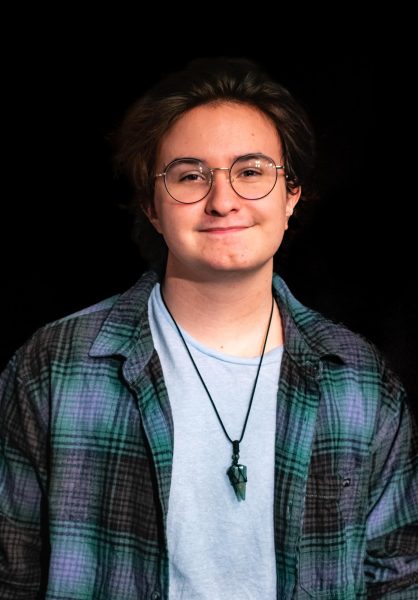SEX ISSUE
For junior music technology major Dani Craanen, growing up in a Catholic household held them back from learning the fundamentals of sex. Until she got to college, she didn’t know anything about the women’s reproductive system.
“I went to Catholic high school growing up, and I grew up in a very religious family,” Craanen said. “I could not look at it and label it, let alone know anything about how to have safe sex or how to enjoy having sex because it’s one of those things where it’s very ‘hush, hush,’ we don’t talk about it.”
Only 29 states require sex education be taught in school, according to SIECUS, a national organization that has been advocating for accurate sex education since 1964. The grade level the education is required varies by state.
Michael Kowalkowski, a first-year fine arts major, said he learned about sex from a textbook, and anything that didn’t come word-for-word from the book was considered wrong.
“We weren’t allowed to have a wrong answer,” Kowalkowski said.
The lack of sex education is concerning not only students but also for sex educators. For Cady Moore, a sex educator and coach based in Sacramento, California, the education that is taught in schools is the “bare minimum” and uses information that “often comes from a fear-based tactic.”
“The information that kids are getting is bare minimum biology, and then how not to get pregnant and how not to get STIs,” Moore said. “So it’s kind of imposing and reinforcing this idea that sex is this big, bad, scary thing.”
While some people turn to social media to learn more about sex, misinformation may become a factor in their self-education. Online sex educators have trouble sharing information online with appropriate sex terms without the risk of having their social media accounts flagged or banned.
“We have to use euphemisms, misspell things and censor our words,” Moore said. “It’s this constant dance of trying to please the algorithm and trying to actually give our information that is really vital and important, without risking losing our primary marketing platforms.”
Euphemisms are indirect words used to substitute the intended meaning. Some sex educators also use emojis to help describe certain body parts when talking about sex online to help reduce the chances of being censored.
Since Craanen grew up Catholic and lacked sex education during their time in grade school and high school, they turned to TikTok creators, Wikihow and literature to teach herself more about the topic. While she looked up “silly things” on the internet – like how to give a blowjob or how to kiss – she ran into some misleading information as well.
“Literature overhyped things in the way that things are displayed in books,” Craanen said. “And for a long time, I was like, ‘Am I doing something wrong? Am I broken? Am I not? What am I missing that is making it sound like this book description?’ And in reality, it’s fiction. It’s a book.”
Parents and guardians can be a first-hand information source for some people, but when it comes to the sex talk, some parents may not know how to approach it, said Mason Hubbard, a junior communication major.
“I feel like sometimes parents say that they would rather kids not learn about it in school, but then they also don’t teach kids about it at home,” he said. “It’s still kind of a taboo subject because a lot of our parents didn’t really have sex education, so they don’t really have the tools or means to teach as well.”
Craanen said she would rather not have her parents teach them self-education because she has “strict Catholic parents.”
“I think that they wouldn’t teach me anything positive,” Craanen said. “It’d be more like ‘abstinence only because having sex ruins your life’ kind of mentality.”
For Hubbard, sex education is important to him because “it’s a central part of life.”
“I think that being educated sexually is kind of the thing that should be taught more in schools, just because there’s a lot of unknowns on it,” he said. “We treat a lot of it like taboo when I feel like enough people experience it to the point where it should be kind of normal to talk, communicate and understand more.”


